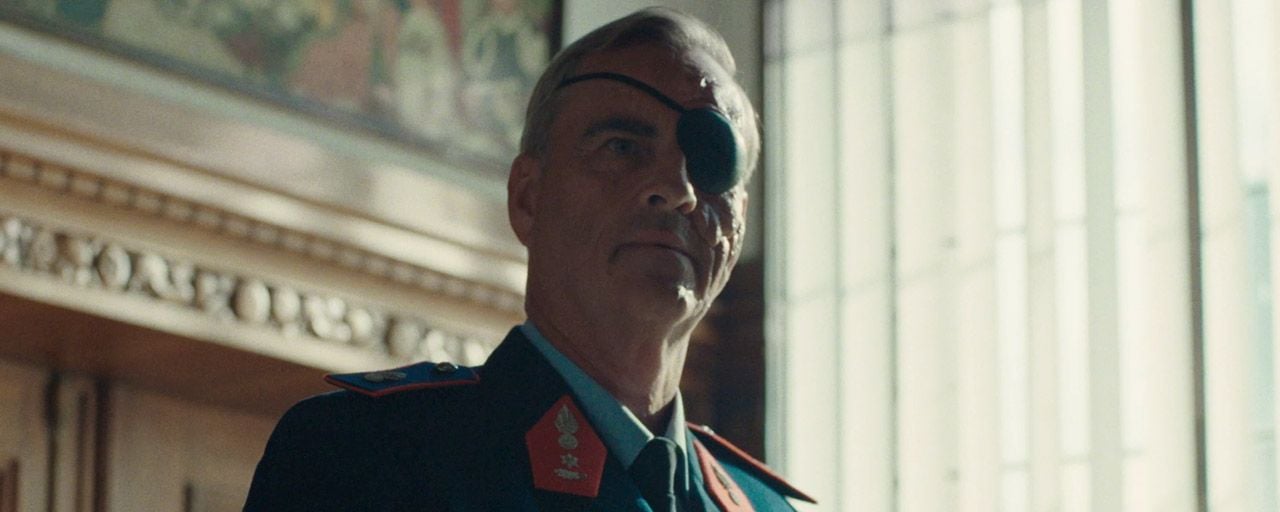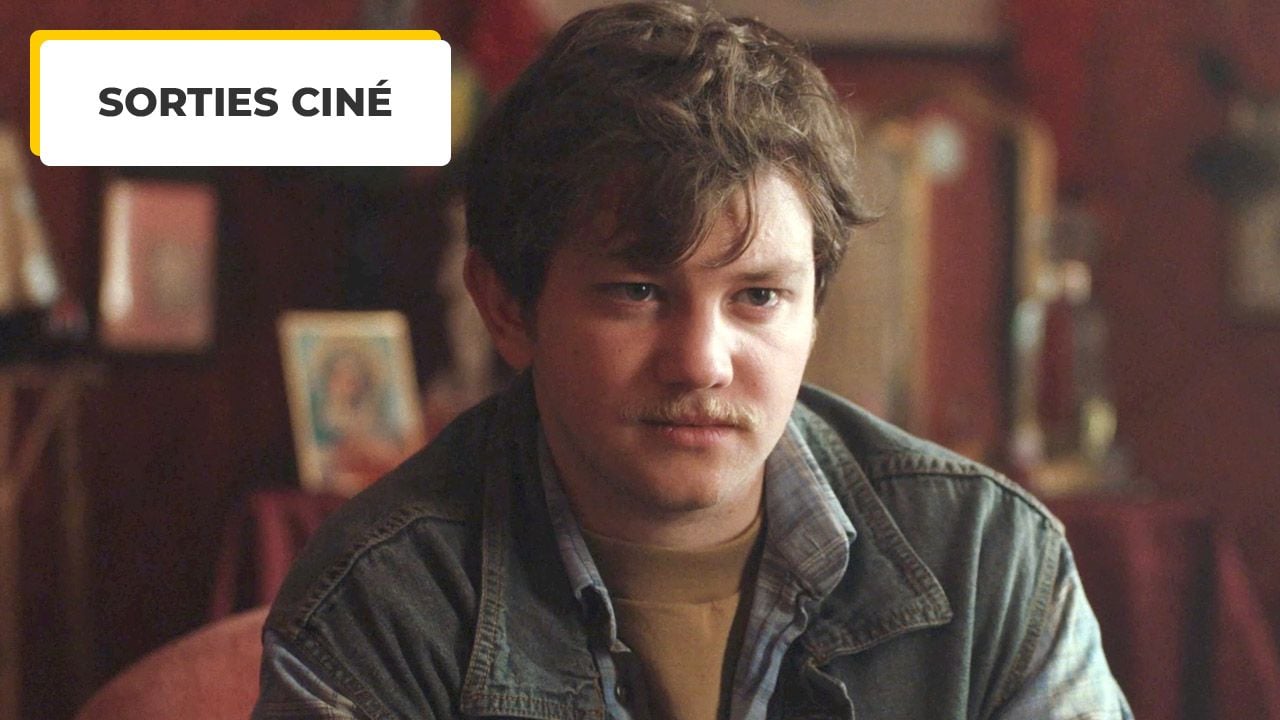Warning – This article contains spoilers for the ending of The Maldoror File.
Currently in cinemas, Le Dossier Maldoror recounts the horrific Dutro case that rocked Belgium.
Fabrice du Welz’s film, which combines reality and fiction, takes place in Charleroi, Belgium, in 1995. The troubling disappearance of two young girls stirs the public and creates an unprecedented media frenzy. Paul Chartier (Anthony Bajon), an idealistic young gendarme, joins the secret operation Maldoror, dedicated to monitoring a suspected repeat offender. Faced with the dysfunctions of the police system, he embarks on a hunt alone, which plunges him into obsession.
If the first half of the film is very faithful to the events that led to the arrest of the perpetrator, the second part is completely fictional.
Why this ending?
In reality, Marc Dutroux was arrested and convicted of murder, rape of minors, kidnapping, criminal conspiracy and drug trafficking. The offender faces life imprisonment.
But in the film, the hero Paul Chartier, played by Anthony Bajon, hunts down Marcel Dedieu, the film’s “Dutru”, played brilliantly by Serge Lopez, and kills him before going to prison. An ending that leaves the audience questioning: What would you do in his place? What would you do if you had the opportunity to take justice into your own hands?
during our meeting Fabrice du WelzThe latter agreed to return to us at the end of his film. The filmmaker first revises his intention by changing the ending of the story: “For me, the film is not a vigilante film, it is not a revenge film.
This is not a revenge movie.
This is the story of a helpless young man thwarted in the face of justice. Justice that has gone off the rails and doesn’t work. what to do There are two issues that concern us greatly: justice and evil. We tried to make them visceral in Paul Chartier’s body.
What interests me is the fictional approach. I mean, really, sometimes the movie looks like a documentary, because everything looks real. In any case, we worked hard to make it so. But for me, this kind of business, in any case, a good universal understanding of certain terrible things, can only be achieved through fiction, only through tragedy, which also provides a form of endurance or catharsis. So with this ending, which is complete timeless, we move into something. This could be seen as an act of vigilantism, but that is not my intention.
My intention was to place Paul Chartier at the intersection of two questions that permeate the film: How can a just person function in a society where justice is so distorted? what can he do And I find this question dizzying.”
Why does Paul refuse to testify?
After the murder of Marcel Dedieu, Paul Chartier was sentenced to prison. While incarcerated, his former boss, Charles Hinkel, played by Laurent Lucas, arrives to ask him to testify against a high-ranking official and ask if what he saw on one of the now-destroyed videos taken by Marcel Dedieu was really him. and by him. Henchmen. But Paul refuses to comment.

Laurent Lucas
Fabrice du Welz explains: “There are a lot of questions about that ending, yes. But I think the ambiguity of the ending serves the film. For me, it’s always been about wholeness in that last moment. After everything he’s gone through and endured, Paul Chartier doesn’t trust anyone anymore but himself and his own of integrity.
He is certainly not going to cooperate with such a political monster as Charles Hinkel. I think he no longer wants to cooperate with a justice system he hates. At least this is justice. He maintains that integrity, and it’s that integrity, I think, that makes him popular with people who have suffered the most.”
By not testifying, Paul refuses to serve the political interests of Charles Hinkel, the man who held him responsible for the dysfunctions of the police department and who is now trying to move up the ranks to remove his boss.
Source: Allocine
Rose James is a Gossipify movie and series reviewer known for her in-depth analysis and unique perspective on the latest releases. With a background in film studies, she provides engaging and informative reviews, and keeps readers up to date with industry trends and emerging talents.








